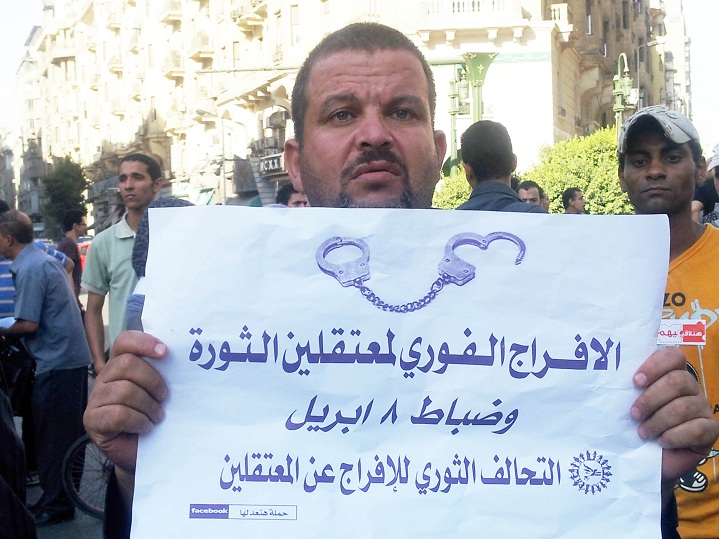President Nicolas Sarkozy of France just hosted a summit of European and Mediterranean countries interested in his personal project of Union pour la Mediterranee in Paris. Among the foreign statesmen invited for this inauguration are President Bashar Assad of Syria and Prime Minister Ehud Olmert of Israel.
It is well-known that this curious project emerged during the last French presidential election, when the candidate of the right (UMP), confronting his opponent Segolene Royal, suddenly suggested that the most Mediterranean members of the European Union (France, Spain, Portugal, Italy, Greece) should constitute a separate organization together with North African and Eastern Mediterranean countries including the state of Israel.
Soon after these initial declarations, which were repeated following his electoral victory, Sarkozy was harshly criticized by most of his EU colleagues, especially German Chancellor Angela Merkel, who saw in this project a dangerous and damaging idea that could harm EU unity and coherence by dissociating Mediterranean and non-Mediterranean EU countries. It was also considered a French attempt to give something to Turkey while refusing to accept Ankara as a full member of the EU.
Finally, after many rounds of negotiations behind the scenes, a compromise was reached between Paris and Berlin on what will become, if accepted and implemented, something of a follow-up to the Barcelona process that began in 1995. At that time, following the Oslo agreements, the normalization of relations between Israel and the Palestinian Authority and the peace treaty with Jordan, EU members convened an important meeting in Barcelona and launched a process intended to develop economic ties between the EU and Mediterranean countries on a very large scale. The hopes generated by that meeting were very high, yet on the whole it must be recognized after 13 years that the results are meager.
Israel s interest in being part of the Barcelona process was obvious: it was mostly political. To be associated in a large Euro-Mediterranean framework together with Arab and Muslim countries that (apart from Egypt and Jordan) have no relations with the Jewish state was perceived as an important step toward full international recognition. Israeli representatives would sit together with delegates from Arab countries, participate in joint meetings and discuss common interests with them and would hopefully be associated in common projects with countries that have no diplomatic relations with Jerusalem.
On the economic level, Israel did not hope for a breakthrough: the association agreement of 1995 that entered into force in 2000 has satisfied most of Israel s demands in the field of exports and commercial balance. But on the political level Israel hoped for some success. Unfortunately Euromed, the Barcelona process, has been a cruel deception for Israel. The problem is that, in a forum that comprises all Arab countries including Syria and Lebanon that are very hostile to Israel, there could not be a single meeting of the Barcelona process in which Israel was not venomously accused, attacked and criticized, whether for its treatment of the Palestinians in the territories, its military reprisals in Gaza or its alleged nuclear projects. (Incidentally, Israel feels much more comfortable within the framework of NATO s European dialogue, where discussions are more technical and professional and where Israel confronts only six other Mediterranean countries).
When President Sarkozy proposed the new Mediterranean union, Israel expressed a genuine interest. The topics put forward for the new union to deal with are very practical and far from any political or ideological trend. For example, it is said that the new organization will launch projects to protect the Euro-Mediterranean area from natural disasters like earthquakes, coordinate health and medical services in the Mediterranean area, concentrate efforts on the problem of water, especially concerning the dangerous pollution of the Mediterranean Sea, initiate actions for the protection of the environment and encourage scientific cooperation.
Energy, environment, scientific exchanges, university cooperation, migration control, the establishment of a Mediterranean bank with private investments, fighting terrorism – all these aims were welcomed with great enthusiasm in Israel. In fact, Jerusalem sees Sarkozy s Mediterranean union as something of a replacement for the Barcelona process that, for political and anti-Israel reasons, has completely failed to achieve a breakthrough.
Moreover, in light of recent Syrian-Israeli negotiations with Turkey as a go-between, the meeting of Assad and Olmert in Paris could be particularly interesting.
Ilan Greilsammeris professor of political science at Bar-Ilan University, Israel. This commentary is published by DAILY NEWS EGYPT in collaboration with bitterlemons.org.


